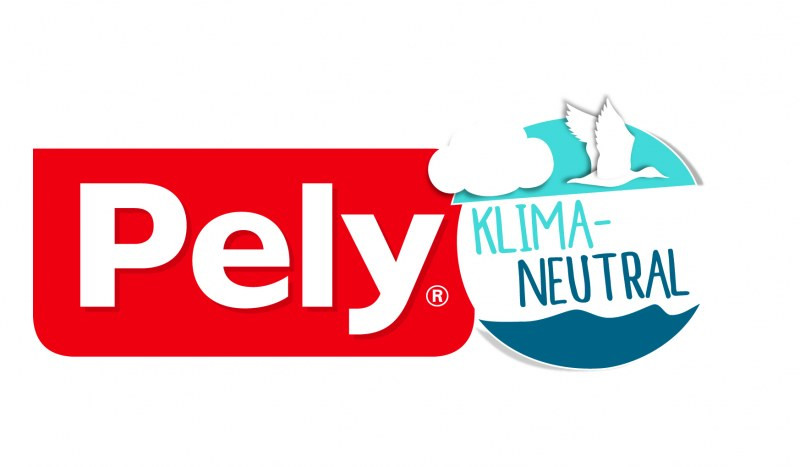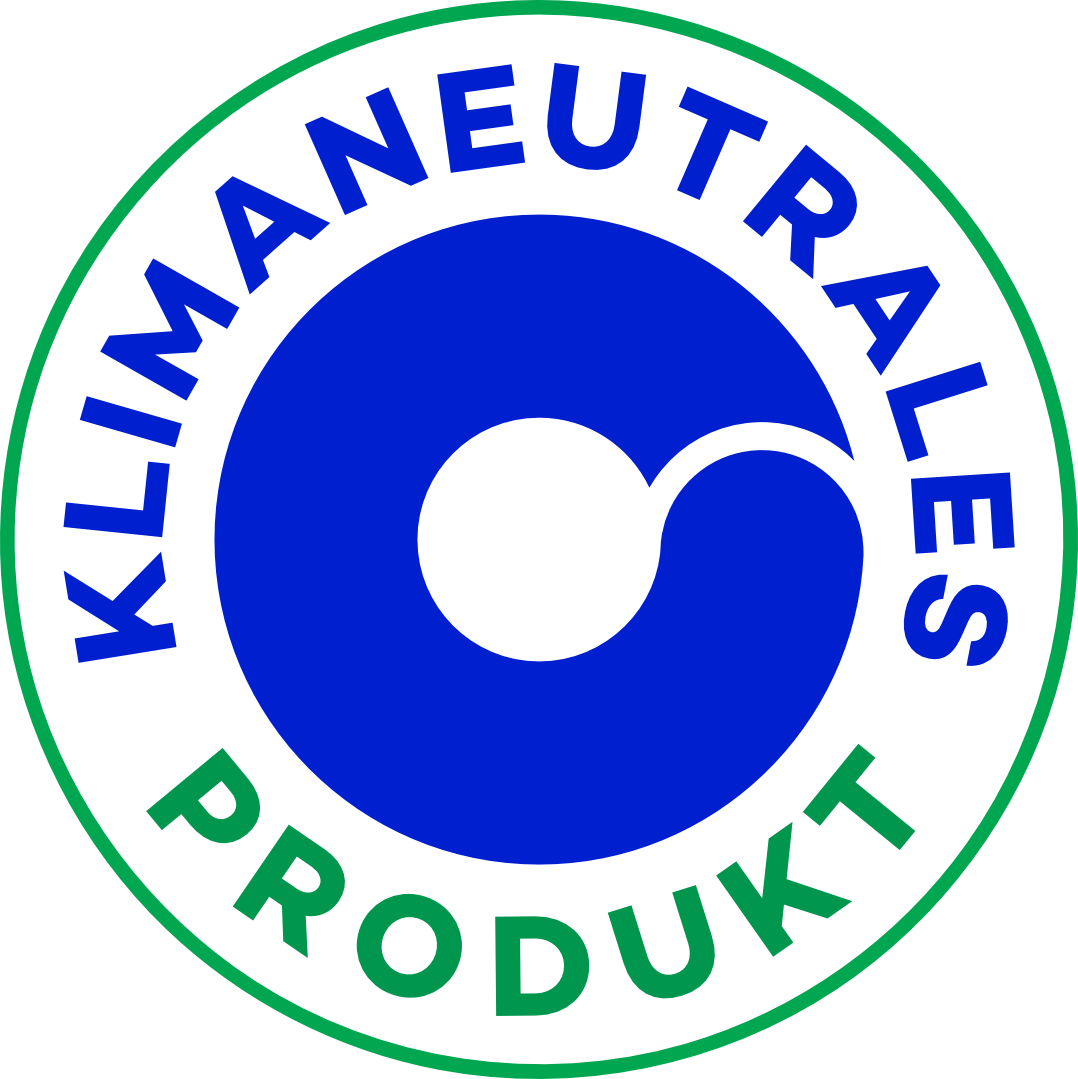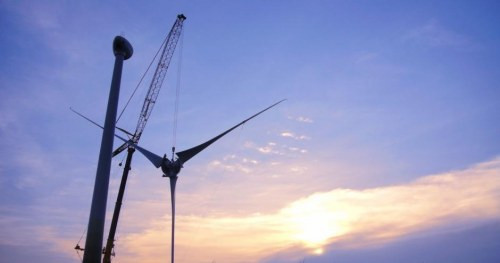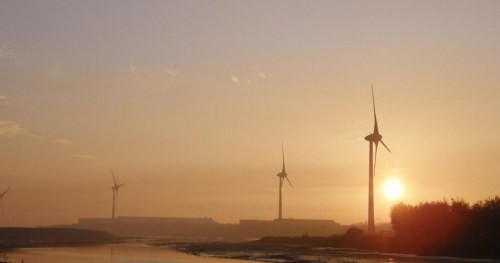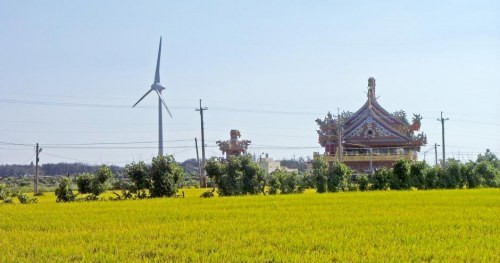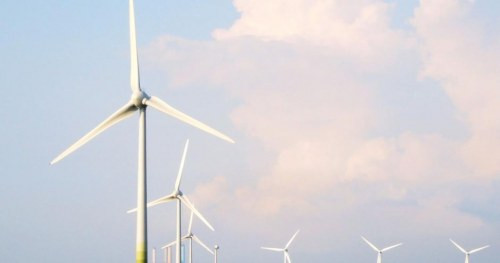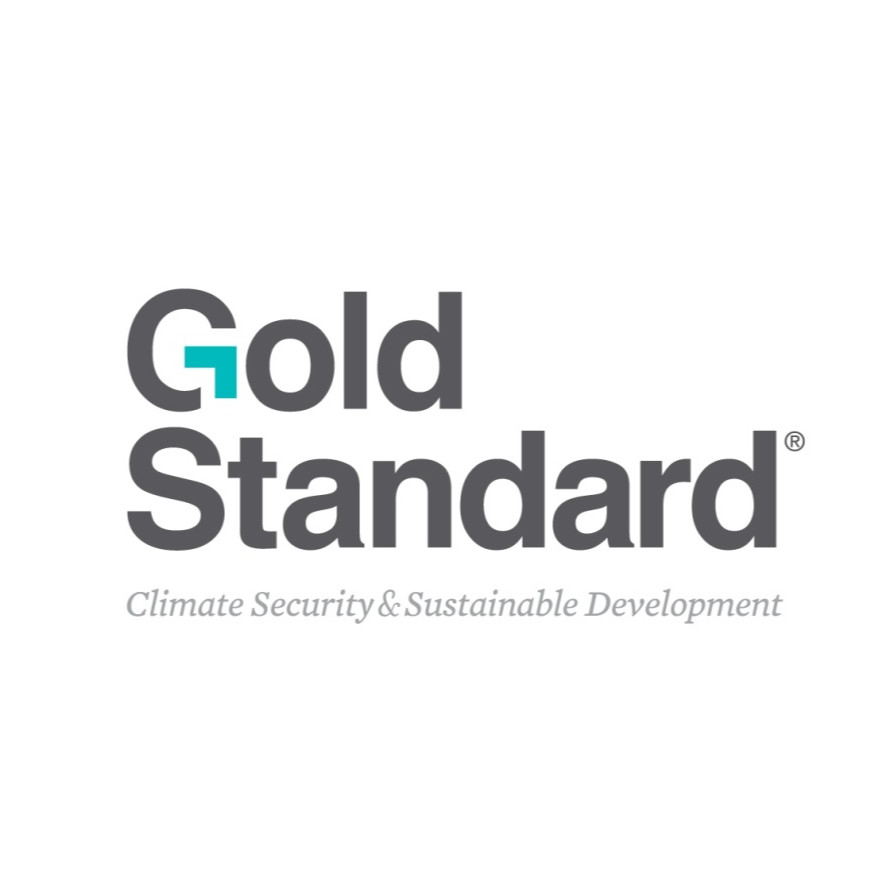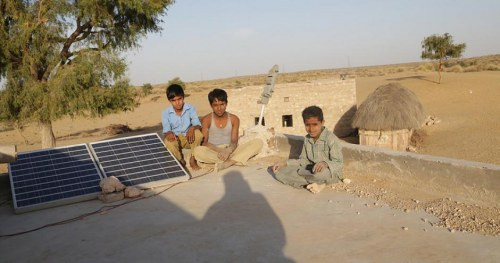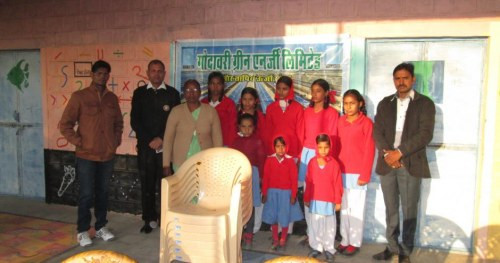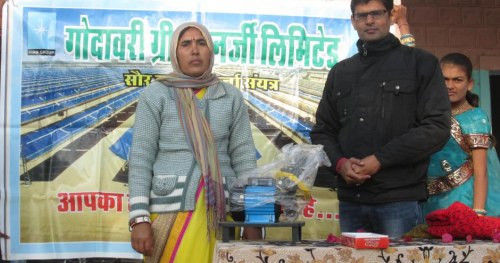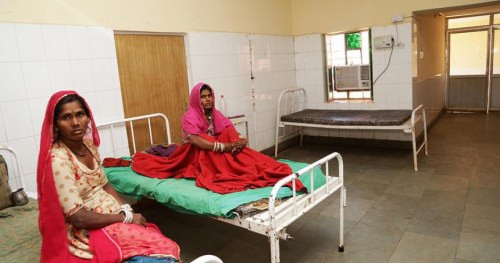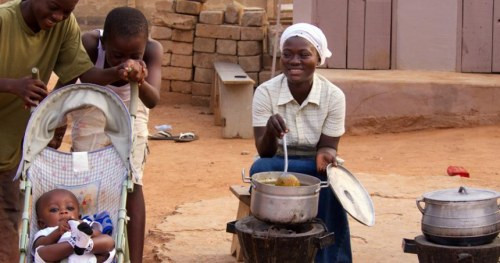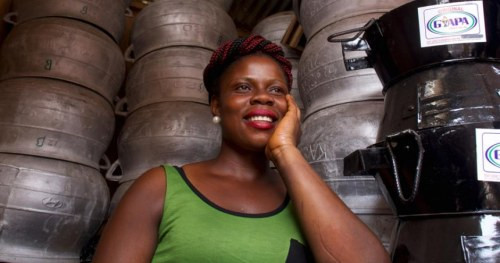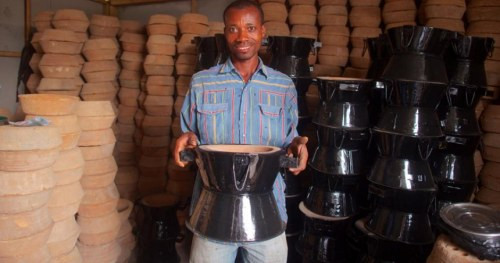India
Description of the project
Godawari Green Energy Limited is implementing a new 50 MW large-scale grid connected solar thermal power project (“Project activity”) in Jaisalmer district, Rajasthan, India. Project activity comprises of state-of-the-art, environment friendly, solar thermal power generation using parabolic trough technology. Project activity comes under the purview of large-scale, solar thermal power technology based project to be implemented in India.
Electricity generated from the project activity will be sent to the Combined Regional grid of India. As a result of commissioning, the gross electricity generation in the project activity is 130,263 MWh/year and the auxiliary electricity consumption in the project activity is 11,397MWh/year. Accordingly this project activity is expected to supply 118,866 MWh net electricity to the grid per year and abates 1,131,600 tonnes of Carbon Dioxide emissions during the crediting period.
Contribution to the Sustainable Development
The project proponent commits 2% of CERs equivalent towards the welfare of local community leading to sustainable development. Contribution of project activities to the sustainable development is discussed below.
Social well-being
a) Project activity would create employment opportunities during construction and operation stages. Such opportunities lead to higher income levels leading to removal of social disparities prevalent in Jaisalmer district in Rajasthan.
b) As the project activity is located in rural areas of combined regional grid, project activity would help in improvement of necessary basic infrastructure, such as roads.
Economic well-being
a) The project activity would promote the application of solar energy based power generation investment which is a significant investment in a green field project in the region.
b) Encourage investors to make similar investments in promoting renewable power generation technologies.
Environmental well-being
a) Project activity has no negative environmental impact as relies on natural solar radiation for power generation technology.
b) Energy generated by the project activity leads to reduced emission intensity in Combined regional grid which otherwise would have generated from fossil fuel.
Technological well-being
a) Technology to be used in the project activity would be robust, State-of-the-Art, first-of- its-kind thermal solar power generation technology.
b) Project activity promotes environmentally safe and sound technology.
Category Standard
Carbon | Gold Standard
